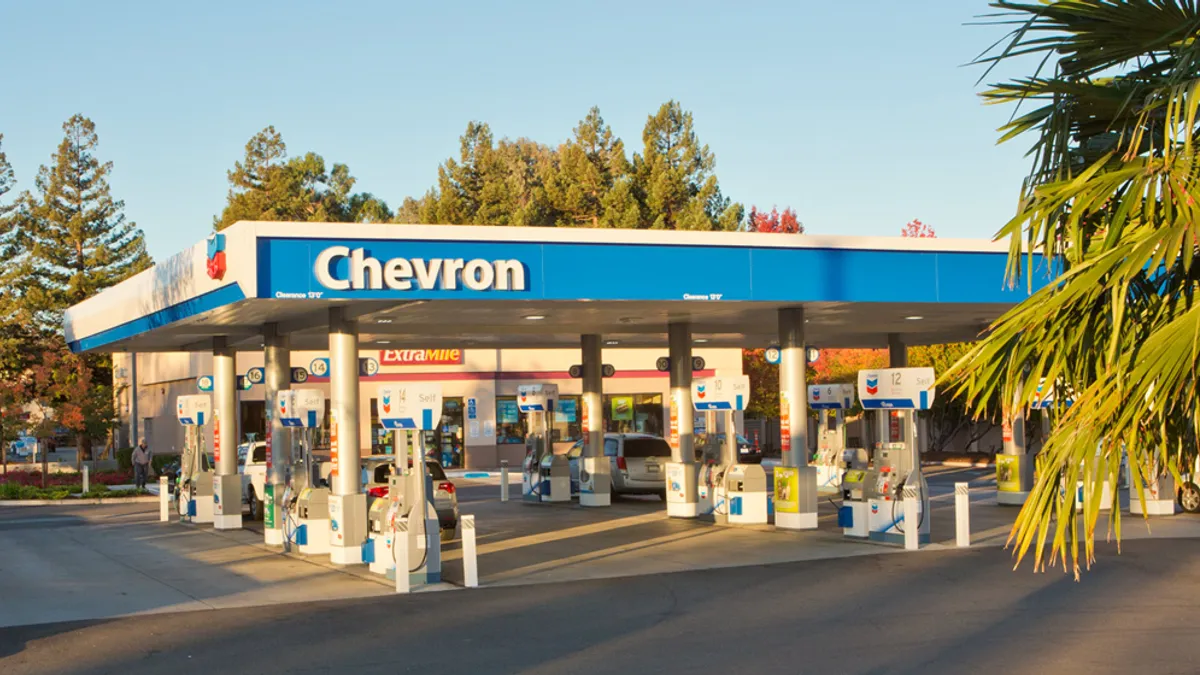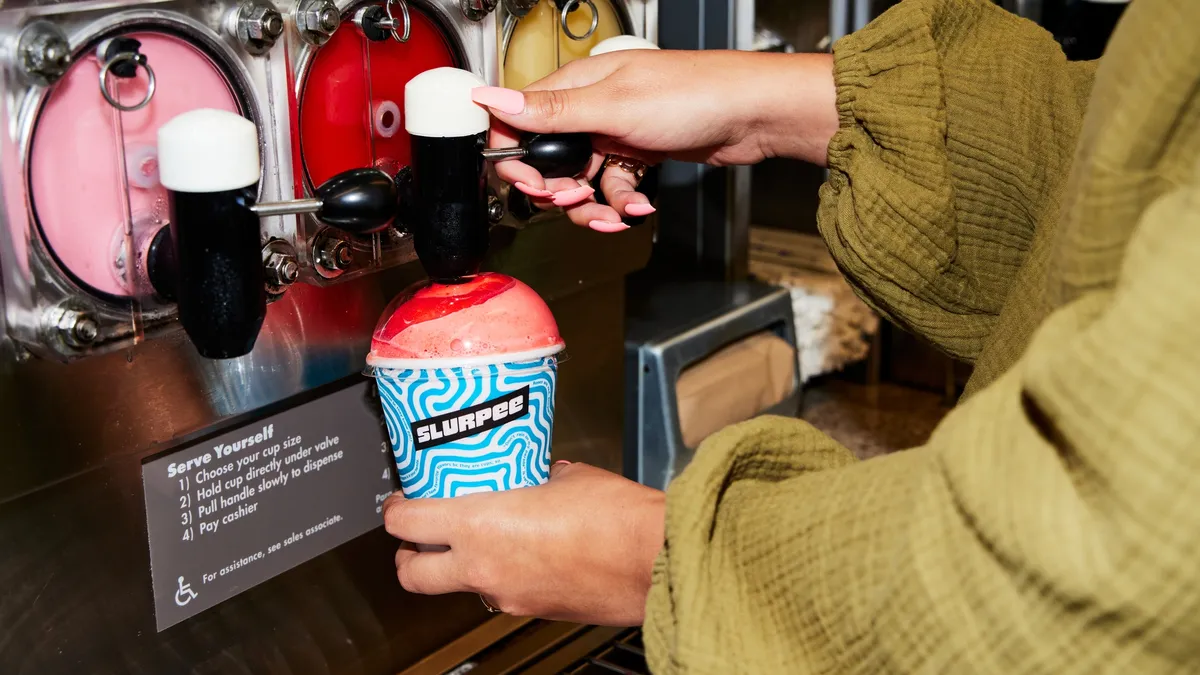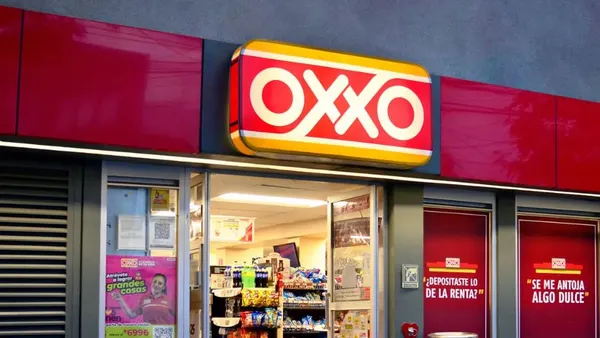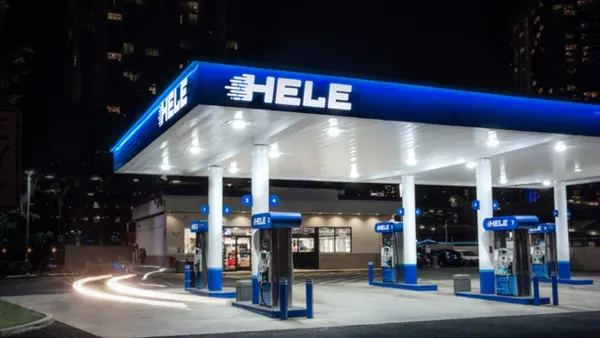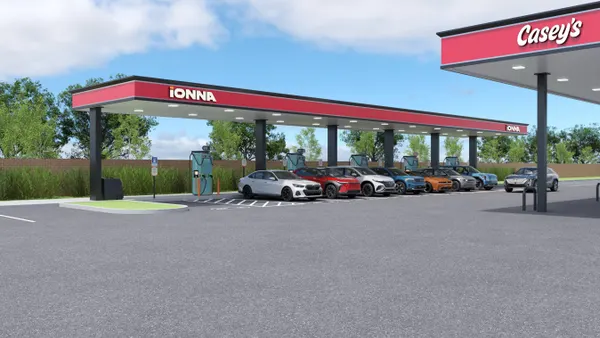As renewable natural gas (RNG) operations continue to make headway in the c-store and fueling industries, Chevron appears to be all-in on the environmentally friendly fuel source.
The San Ramon, California-based oil and gas giant currently operates 75 compressed natural gas (CNG) sites with others “in progress” through its retail side, Michael Wirth, chairman and CEO of Chevron, said during the company’s recent earnings call Oct. 28. He said Chevron will continue to grow its RNG capabilities further.
“It's a real business for us today and it's performing well,” he said.
Since RNG is largely similar to geologic natural gas, it can be similarly compressed into CNG, according to Natural Gas Intelligence.
Chevron has made multiple moves in the RNG space this year. In February, it acquired biodiesel production company Renewable Energy Group for more than $3 billion, moving towards its goal to increase renewable fuels production capacity to 100,000 barrels per day by 2030, the company said at the time. Seven months later, Chevron announced a joint investment with bioenergy company CalBio to produce and market dairy biomethane as a RNG transportation fuel in California.
“We feel very good about where we are. … We like the position that we've built up,” Wirth said regarding Chevron’s RNG activity.
During the earnings call, Chevron did not discuss anything related to ExtraMile Convenience Stores, the c-store chain of more than 1,000 locations it owns and operates in a 50-50 split with Jacksons Food Stores.
Chevron’s plan to expand its RNG capabilities intertwines with those of rival oil company BP, which recently revealed it intends to acquire Archaea Energy, a major producer of biogas — RNG from waste — in a deal for over $4 billion that could close by the end of this year.


